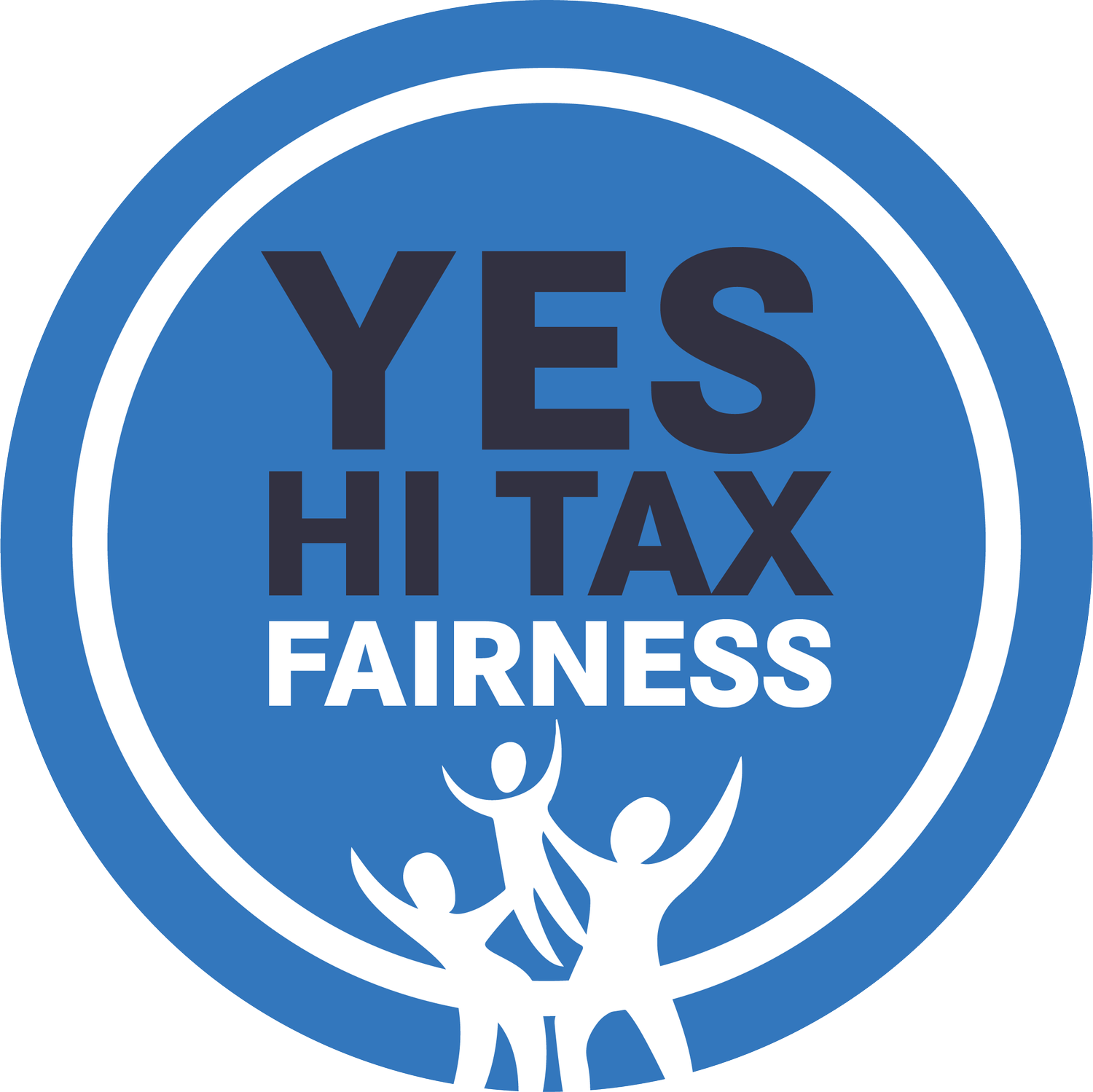Raising the Conveyance Tax
More of Hawaiʻi’s real estate is being bought up by investors, and this tax makes sure that they are contributing more to local communities.
The conveyance tax is a one-time tax paid to the state when a property is sold. It’s different from property taxes, which homeowners pay to the county every year. Money from the conveyance tax helps build affordable housing and protect natural areas—two things that have been hurt by Hawaiʻi’s real estate prices. Even though property values have soared, especially for luxury homes, owners of expensive properties still pay very low conveyance tax rates—only about 0.5 to 1.25 percent.
Other expensive cities like Seattle and San Francisco have much higher transfer taxes, ranging from 2 to 7 percent on high-value properties. If Hawaiʻi raised its tax rates to between 2 and 6 percent for homes worth $2 million or more, the state could bring in an extra $300–400 million each year. A proposal called Senate Bill 678 would use that new revenue to fund affordable housing, homelessness programs, land conservation, and the state’s general fund—adding tens of millions of dollars to each.
This tax structure could be improved by switching to a marginal rate, similar to income taxes, where only the portion above each price threshold is taxed at higher rates. It could also be improved by increasing the rates on luxury homes and second homes.
As a result, middle-class homeowners would pay a lower conveyance tax and owners of high-value homes (including out-of-state homeowners) would pay more.
The extra revenue from these changes would go to key priorities like affordable rental housing, transportation infrastructure, and the Department of Hawaiian Homelands.
Revenue from the conveyance tax goes to affordable housing and conservation
Part of Hawaiʻi’s conveyance tax revenue goes into two special funds: the Legacy Land Conservation Fund and the Rental Housing Revolving Fund. The Legacy Land Fund helps buy and protect land with important natural and cultural resources. The Rental Housing Fund helps build affordable rental housing for low-income families. By law, these funds are capped:
$5.1 million a year for land conservation and $38 million for affordable housing, even if the state collects more.
This proposal would also dedicate some of the conveyance tax revenue to the Department of Hawaiian Homelands


